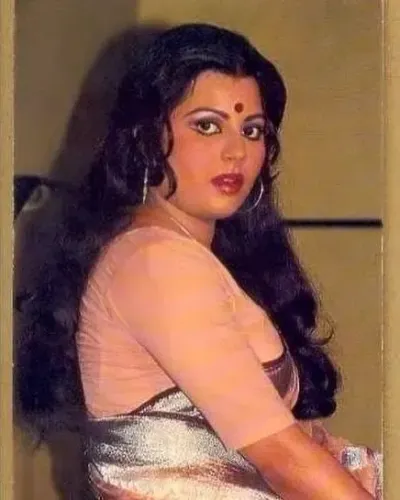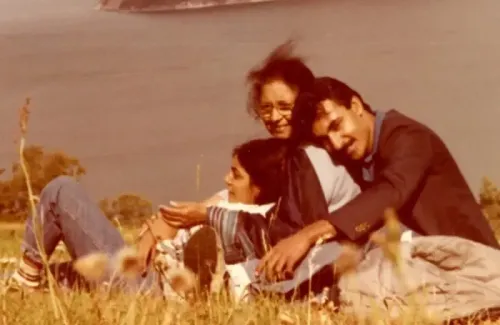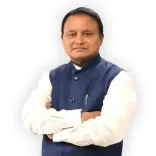How Did Rupali Ganguly Acknowledge PM Modi’s Influence on Menstrual Taboos in India?

Synopsis
Key Takeaways
- Rupali Ganguly praised PM Modi for addressing menstrual hygiene.
- Access to sanitary products is crucial for young girls’ education.
- Government programs are empowering women across India.
- Awareness of menstrual health is increasing in rural areas.
- Sanitation initiatives are restoring dignity for women.
Mumbai, June 11 (NationPress) Actress Rupali Ganguly has praised Prime Minister Narendra Modi for tackling menstrual hygiene on national platforms, significantly aiding in dismantling age-old taboos associated with this topic in India.
Highlighting the need for accessible sanitary products and menstrual education, Rupali pointed out that the Prime Minister’s initiatives have ignited crucial discussions and raised essential awareness, particularly in rural regions where such issues are frequently stigmatized or overlooked.
In a conversation with IANS, the ‘Anupamaa’ actress referred to PM Modi’s groundbreaking address at the Red Fort where he spoke about menstrual health. She noted the introduction of affordable sanitary pad distribution and hygiene education, emphasizing that these initiatives have profoundly impacted young girls who often leave school due to insufficient awareness or access to adequate menstrual care. Rupali remarked that while urban women may take sanitary pads for granted, the reality is starkly different in remote areas of India where such necessities are still viewed as luxuries.
Reflecting on this, the ‘Sarabhai vs Sarabhai’ actress expressed, “I feel immense pride because sanitary hygiene should not be a taboo topic for women. Modi ji is perhaps the first world leader to discuss menstrual hygiene from the Red Fort. The distribution of affordable sanitary pads to every woman is a matter of great pride for me. As a woman, I feel proud. Numerous girls drop out of school due to a lack of knowledge about menstrual hygiene. Many girls leave school—some feel ashamed, while others don’t know the proper way to use cloth.”
“Providing them with sanitary pads might seem trivial, but it is monumental. We women in cities often take these things for granted. For a rural woman or a child growing up in the depths of rural India, having access to sanitary pads is incredibly significant. Teaching menstrual hygiene in schools is a tremendous step, and ensuring proper toilet facilities for sanitation in schools is equally crucial.”
Discussing a variety of welfare programs, Rupali Ganguly emphasized the holistic approach the government has taken to empower women from childhood through adulthood. She commended the Sukanya Samriddhi Yojana, a savings program aimed at securing the future of the girl child, describing it as a vital stride toward long-term financial independence. She also praised the Ujjwala Yojana, which has granted LPG connections to millions of women in rural India. “It wasn’t merely about providing a gas cylinder—it was about offering them an opportunity for better health,” Ganguly remarked, pointing out that the scheme has benefitted women with asthma and other health complications arising from traditional cooking methods.
Rupali also acknowledged the government’s initiatives supporting women-led enterprises, mentioning programs like Smart Didi Yojana and Drone Didi Yojana as revolutionary advancements. She further stressed the ongoing importance of the Beti Bachao, Beti Padhao campaign, which has transformed dialogues surrounding girls’ education and safety.
On the subject of sanitation, she highlighted the significance of the Swachh Bharat Abhiyan, one of the Modi government's most well-known initiatives. She noted that the construction of numerous toilets not only enhanced hygiene but also reinstated dignity for women who previously lacked access to basic sanitation.
Rupali Ganguly also discussed the much-anticipated Women’s Reservation Bill, describing it as a historic achievement in Indian politics and a significant victory for women who have fought for representation in Parliament for many years.








